Postpartum
In this week’s blog, we will explore postpartum, which is the period following childbirth. The postpartum period can be divided into three different stages; the initial stage, 6–12 hours after childbirth; sub-acute postpartum period, which lasts 2–6 weeks, and the delayed postpartum period, which can last up to six months. Every mother goes through postpartum, which is not the same as postpartum anxiety and depression. I mention this because the word postpartum has taken on a negative connotation, when really, it’s the phase after childbirth. With that being said, postpartum anxiety and depression can occur during this period and we will discuss that as well.
“The postpartum period is a time to heal and recover from birth.”
During the 40 weeks of making and carrying a human, a woman’s body goes through several changes along the way. Similarly, after labor and delivery, there are many discomforts and body changes that happen which are normal, yet they are hardly mentioned or talked about while you are pregnant or even right after. The postpartum period is a time to heal and recover from birth. We experience things such as perineum soreness, afterbirth pains, vaginal discharge, breast engorgement, hair loss, hemorrhoids and constipation just to name a few. Baby becomes the center of attention, and mothers healing gets put on the back burner. Mothers get showered with gifts for their baby, but do not receive anything that will help them heal once baby arrives. In other cultures around the world, the mother is taken care of by her community once baby arrives so she can rest and heal. In our culture, mom is expected to lose weight, go to work and “get back to normal” as soon as possible. It’s no wonder that 1 in 7 women experience postpartum depression and/or anxiety.
“In other cultures around the world, the mother is taken care of by her community once baby arrives so she can rest and heal.”
Additionally, during the postpartum period there are tons of emotional changes that occur after birth because of hormones and life being different. The baby blues are defined as feelings of sadness a new mother may have in the first few days after having a baby. Baby blues can happen 2 to 3 days after having your baby and can last up to 2 weeks. Typically they go away on their own, and you don’t need any treatment. However, if you are persistently feeling sad or depressed, irritable or angry, anxious or panicky, or you are experiencing upsetting thoughts that you cannot get out of your mind, these symptoms could indicate that you have a form of perinatal mood or anxiety disorder, such as postpartum depression. It is common for a new mother not to recognize depression or anxiety because she is tired, overwhelmed, or adjusting to life with a baby. According to Postpartum Support International,
“while many women experience some mild mood changes during or after the birth of a child, 15 to 20% of women experience more significant symptoms of depression or anxiety. Please know that with informed care you can prevent a worsening of these symptoms and can fully recover. There is no reason to continue to suffer. Women of every culture, age, income level and race can develop perinatal mood and anxiety disorders. Symptoms can appear any time during pregnancy and the first 12 months after childbirth.”
If you are reading this and can relate, know that you are not alone. Please do not feel embarrassed, ashamed or blame yourself in any way. Lastly, do not suffer in silence. Speak to your partner or reach out to your community and ask for help. As I mentioned earlier, in other cultures the community supports the new mother because it does take a village to raise a baby and a mother. There are community resources such as meetup groups for new mothers and mom and baby classes. Finally, reaching out to a behavioral health therapist who specializes in maternal mental health and postpartum depression/anxiety can help with the feelings and emotions that seem to be taking over. Share your story with people you love and trust who will listen and support you.
Reference: https://www.postpartum.net/colorado/


